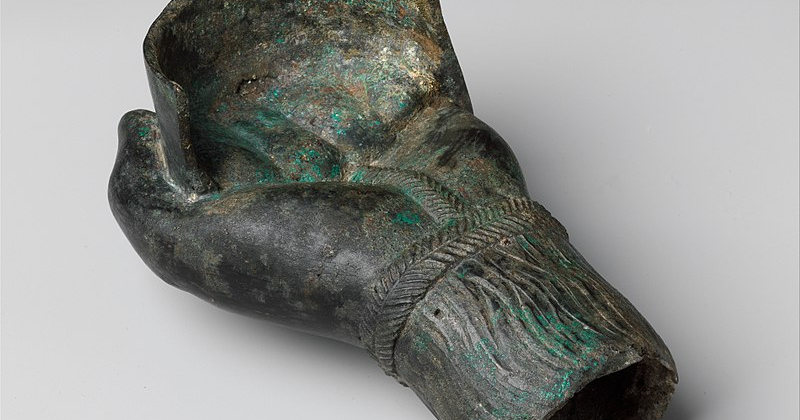

A man finds himself in a situation where, he knows, his sense of ethics is about to be compromised. But, he calculates, it will gain him power and prestige. Deeming it to be worth it, he goes along with the plot into which he somehow bumbled, always punching to the same direction as the rest of the organization that has absorbed him as its cog.
Such is, in part, the tale C.S. Lewis tells in That Hideous Strength. The man in question, Mark Studdock, is an unimaginative academic with significant aspirations and a desire to do whatever it takes to fulfill them. The combination proves dangerous to his soul. He becomes, first with more discomfort and then with less, a pundit journalist for N.I.C.E., the organization that is the villain of the novel. Studdock writes outrageous journalistic screeds on whatever N.I.C.E. tells him to write. He knows that he is spinning falsehoods, but increasingly, he doesn’t care. Rather, he’s relishing in the intoxicating power of seeing his words read, respected, attended to by others—who then make crucial decisions based on them. So what if those decisions are destructive to others, including his wife?
It is easy to be shocked a little (or a lot) over Studdock’s utter lack of scruples. And yet, we all belong to certain communities. We try to fit into them. When it comes to politics especially, at this moment of contentious discourse, there is the obvious temptation to punch back in reaction to the least thing, so we can please our preferred community and fit in. To punch left or to punch right? Such is the presumed question over and over. And the answer for many is unimaginatively reached—it gets determined by whose side you’d like to join.
I found Jake Meador’s Mere Orthodoxy piece on this issue last month helpful. Meador considers how our communities, real and digital, influence or motivate our behavior, not always for the best, alas. We all have a bit of Mark Studdock in us, it seems.
Specifically, Meador notes that organizations that are local or grounded in some localized parameters (this includes most magazines) are going to be more reasonable in their reactions to developments, political and cultural. There is no incentive for them to punch too hard to the left or to the right. But for online communities especially—and for those who derive their influence from them—there is obvious motivation to profit from the outrage, and the best way to do this is to punch extra hard. And so, the discourse becomes even more divided, as those to the right only “punch left, coddle right,” as Meador put it. I would add that those to the left likewise “punch right, coddle left.”
All of this punching, however, only foments division, defeats all potential for conversation and dialogue, and is harmful for a democracy. In a healthy democracy, we should not be punching; we should be talking. Besides, there is another important question that, busy as some are with all this punching, is easy to overlook: what is true?
And that gets us to where I find myself, and I don’t think I’m alone. The thing is, I really don’t want to punch anyone—either left or right. I’m tired of all the fighting. I worry that it is distracting our energy from lasting matters (and, ideally, eternal priorities), wasting them instead on matters that are decidedly not worth such attention. Such a staged reaction might play up to a prominent figure’s fan base. But too often, it is intellectually dishonest. This means that such an act (and it often is a very staged act by predictable characters who have built up their platform on such staged acts) shapes one’s character to embrace profitable lies over the (sometimes inconvenient and much more complex) truth.
Besides, “What shall it profit a man, if he shall gain the whole world, and lose his own soul?” (Mark 8:36)
True.
My wife & I are Christian Biblical moderates who are appalled by Donald Trump’s amoral approach to policy, politics & life; we are also appalled by the pro abortion, LGBTQ positions of the Harris-Walz ticket. Generally, we believe in a pro-life approach to life which includes family friendly government policies such increased tax credits for families with children, paid leave for mother& fathers, an increased earned income tax credit, support for home schooling & private Christian schools. We are finding it difficult deciding how to vote this year. We are thus politically homeless Christian voters whose situation is somewhat analogous to Christian abolitionists prior to the 1850s. We have voted for third parties in the past but wonder what we should do this year. This article is helpful to us.